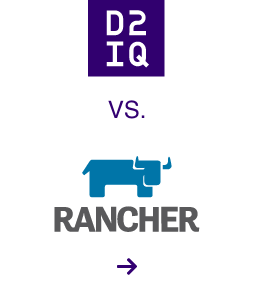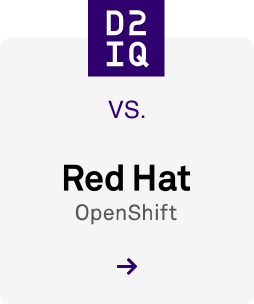
2 min read
Innovation. Scale. Power. These are just a few of the words used to describe the explosive impact that Kubernetes is having on the organizations leveraging it for their innovation efforts.
Kubernetes gives organizations the ability to run Kubernetes clusters at scale across different cloud infrastructures and distributions. But as the number of clusters and workloads grow, it can be increasingly difficult to manage and create consistency across your organization’s digital footprint. And when there is a lack of governance and standardization enforced across how and where resources are used, as well as who can engage and use those resources, a significant amount of overhead and redundant efforts occur.
Various teams repeat efforts in terms of education, technological architecture, deployment, and production efforts as new clusters are needed for additional project needs. Differing open-source software versions may be deployed, limited security governance may be in place and even policy configuration may be wildly different.
Organizations need the ability to rein-in these challenges while at the same time further empowering the speed and flexibility promised by the cloud-native landscape of these technologies.
In the cheat sheet, “How to Reduce Overhead and Redundant Efforts in Multi-Cluster Management,” you’ll learn:
- The challenges organizations face today as they adopt and deploy new technologies
- How to evolve your existing governance model so you can take control of your Kubernetes multi-cluster operations
Download the cheat sheet today and deliver the scale, consistency, governance, and operational efficiency your organization depends on.








